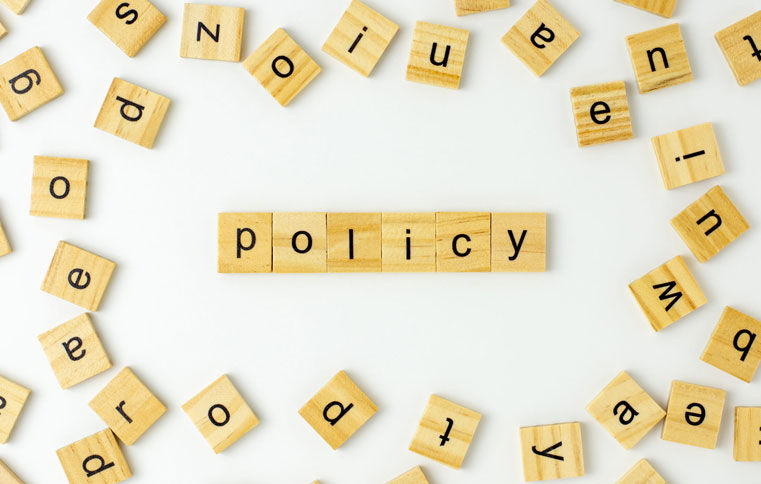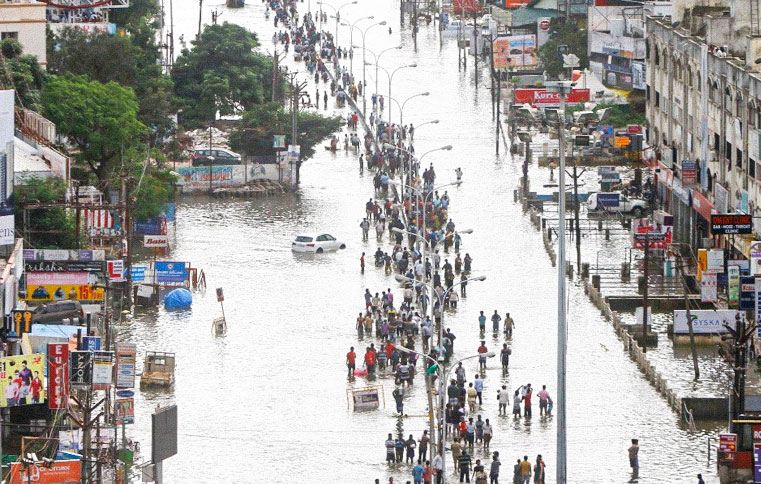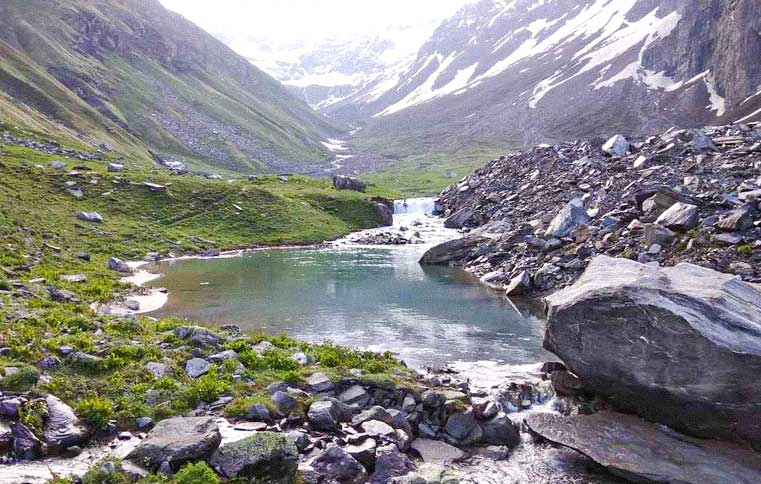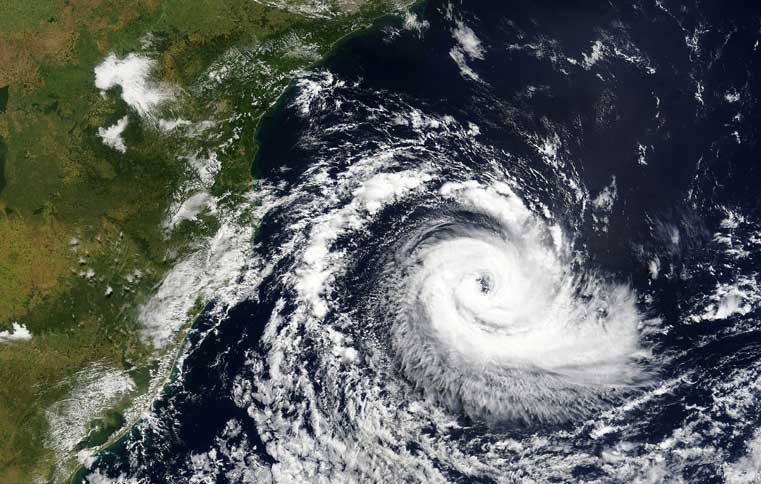Access to safe running water, sanitation and health in fighting COVID-19
By: Harshita Rana | Date: 13th May 2020
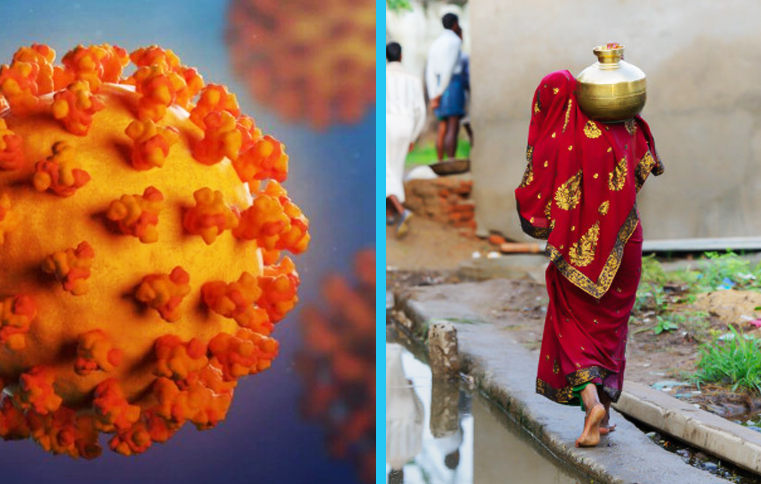
Along with placing travel restrictions and encouraging social distancing, healthcare officials have stated over and over again that washing your hands is the most important step to manage the spread of the virus.
Where WHO lists a whole set of WASH practices in homes and communities for prevention of the spread of corona virus there arises a whole new challenge. But it’s hard to wash your hands if you do not have access to running water in your homes, or for that matter any water supply available to you.
On March 11, 2020, the World Health Organization declared COVID-19 a global pandemic, spreading to nearly every country worldwide and infecting hundreds of thousands of people.
Meanwhile, 2020 marks ten years since the United Nations recognized water and sanitation as a fundamental human right. International human rights law mandates governments to ensure sufficient, safe, and accessible water and the highest attainable standard of health at all times. But the current crisis makes action all the more urgent.
Governments should immediately implement measures to ensure access to clean water for all communities as a critical matter of public health and human rights.
WHO has given a detailed set of guidelines emphasizing that the provision of safe water, sanitation, hygiene, and waste management is essential for protecting health during the COVID-19 virus outbreak.
But for the 780 million people around the world who lack access to an improved water source and 2.5 billion who lack access to proper sanitation, this guidance is a stark reminder of how vulnerable they are to COVID-19 and other illnesses.
And globally, more than one billion people live in slums or informal settlements, where access to adequate water and sanitation is scarce.
Today, a global pandemic is shining a spotlight on not only the importance of water in our lives and public health but also on the weaknesses of our social, economic and health safety nets we’ve long taken for granted, including our water system.
It reveals how much more needs to be done to fully guarantee water and sanitation to everyone, both as a human right and as a critical way to protect our community.
Handwashing campaigns top the list of many national interventions. But access to clean water and adequate hand-washing facilities is not yet a reality to billions around the world.
The current pandemic offers an opportunity to shore up the systems that keep our communities healthy and ensure even the most vulnerable among us have access to safe water and sanitation.
To ensure safety of our treated water supplies, and its affordable availability to all to fight the COVID-19. Let’s turn this crisis into an effort to rebuild our public water systems and re-establish our trust upon the system, the society, the mankind!




